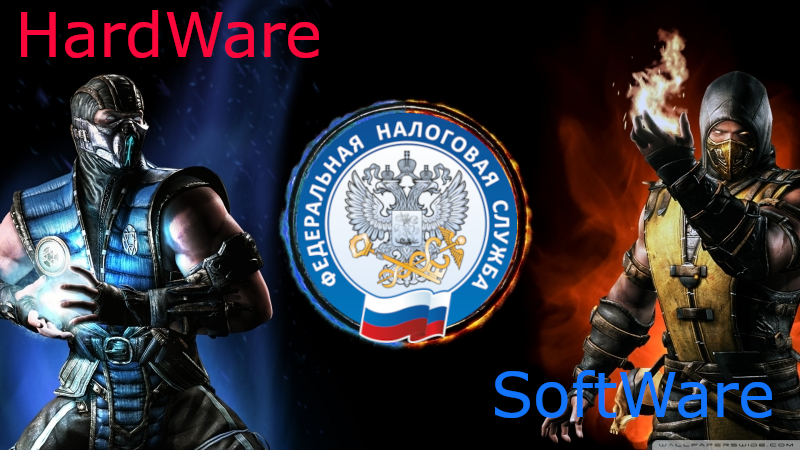
From the depths of my past years, I have long understood that the difference between programming and electronic development is generally insignificant, and in the end it is one and the same. All sorts of version control, regression testing and other unit tests have long since penetrated into electronics, and programmers are beginning to consider the reliability of their programs and pass other certifications and tests. Programming is always about innovations, new technologies and new philosophy. Electronics is conservatism and knowledge of physics. A good programmer remembers Kirchhoff's laws, and a good hardware engineer knows how to program. Any more or less complex electronics already has a software part, and any program requires hardware to run on. So it's the same thing - information processing. Either at the expense of classes, arrays or variables,or at the level of an analog signal against a background of noise. And the approaches should be the same on the part of the state in terms of support. Yes, unfortunately support, as the covid epic has again driven a wedge between programmers and hardware workers.
The Russian lobby of software giants has been working with authorities for a long time; software companies received all sorts of preferences even before 2020. Learning about such indulgences, I wondered, "What could have been so?" ... For example, taxes for software companies since 2017 have been:
- for compulsory pension insurance - 8% (for comparison, the general rate is 22%)
- for compulsory social insurance in case of temporary disability and in connection with maternity - 2% (general rate - 2.9%)
- for compulsory health insurance - 4% (general tariff - 5.1%). Thus, the tariff for software companies was 14%, while the general tariff for most taxpayers is 30%.

But it seemed to be enough for life until the covid began. During isolation, Habr was full of articles about how IT companies transferred their developers to a remote location, taking them to a taxi with corporate accounts, and organizing workplaces for them at home with the number of monitors slightly less than in the MCC. And the zheleznyachniki decided whether it was possible to give an oscilloscope with a price tag like that of a one-room student to a student in a hostel. Or is there a place on the balcony for a test stand with a couple of kilowatts motor and is it possible to agree with the neighbors and the housing office to throw three phases from the dashboard? So the iron workers had to stand firmly in their offices. Programmers updated and released new releases over the Internet, reported traffic growth. Zheleznyachniki in homemade masks and construction gloves gave out products from the warehouse personally, and, like reports of military operations, they read about the closure of workshops, since an infected person was found there.It may not be force majeure, but the electronics industry has crushed decently. Therefore, for support, the President of the Russian Federation signed a law on a "tax maneuver" for IT companies, which, finally, included "iron" companies - from January 1, 2021Income tax for such companies should be reduced from 20% to 3%, and insurance premiums - from 14% to 7.6%. In this case, the profit tax, which should have been credited to the regional budgets, is nullified.
"Wow, let's live!" - said the industry and went to read Federal Law of July 31, 2020 N 265-FZ "On Amendments to Part Two of the Tax Code of the Russian Federation."
4) 284 1.15 1.16 :
«1.15. , , , ..., , , 3 , , , 0 .
:
…
— copies of programs developed by the organization ... based on the results of the reporting (tax) period is at least 90 percent of the total income of the organization for the specified period ;
...

1.16. , () , , , 3 , , , 0 .
:
…
— () () () 90 () ;
…

That is, if you were able to develop microcircuits, electronic equipment, or something physically-materially tangible in Russia, started producing it and, most importantly, selling it, then tax breaks are not for you. If your company makes new processors, switches, process controllers, sensors, digital substations, traffic lights, elevator control units, electric vehicle charging stations, etc., you will still have to pay taxes in full. Since your 90% share of income should come only from the development (service), and not from the sale of the final product. That's the kind of support it is.